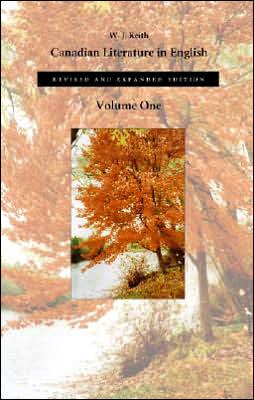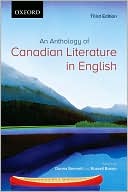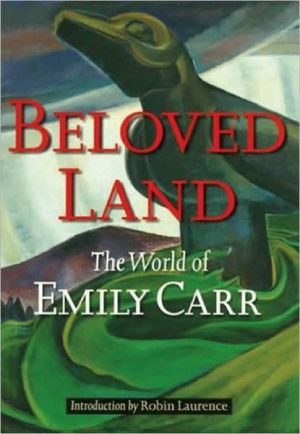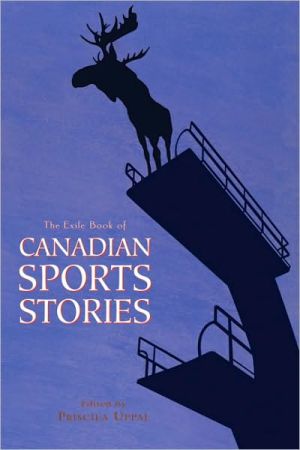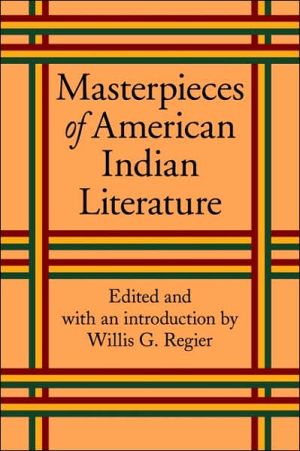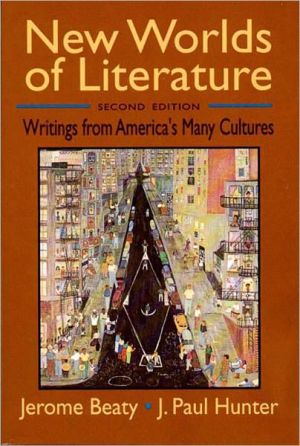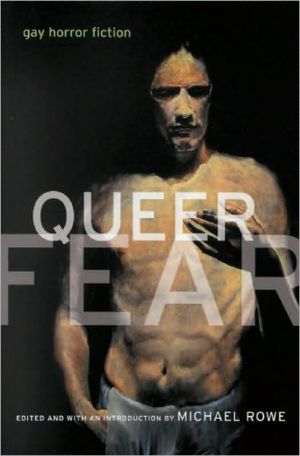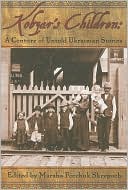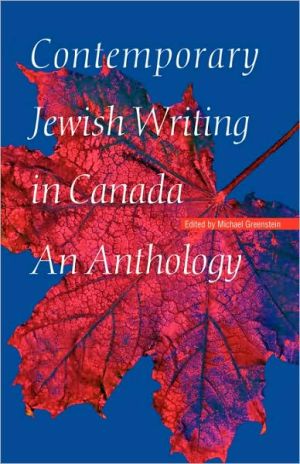Canadian Literature in English: Volume One
W. J. Keith has chosen to ignore utterly both the 'popular' at the one extreme (Robert Service, Lucy Maud Montgomery) as well as the 'avant-garde' (bpnichol, Anne Carson) at the other in favour of those authors whose style lends itself to the simple pleasure of reading, and to that end Keith dedicates his history to all those (including those of the general reading public whose endangered status is much lamented) who 'recognize and celebrate the dance of words.'
Search in google:
When Canadian Literature in English was first published by Longman in 1985 it was described (in the Modern Language Review) as 'a standard reference work on the subject' and 'the best critical account of its subject that we possess so far'. The book was released in London and New York, as such things were done at the time, but never distributed particularly well in Canada, where it faded, rapidly, from view.W. J. Keith, writing in the Preface to the Revised Edition, admits his first inclination was to embark on a total rewrite of the Longman edition. On further consideration, however, Keith came to realize that the 1985 publication was completed at 'the close of a major phase in the Canadian literary tradition' and that the 'remarkable flowering that began to manifest itself in the middle of the twentieth century had run its course by the beginning of the new millennium.'That being the case, Keith would argue that a 'number of writers who had already achieved [ considerable stature further developed their reputations' (in the period 1985-2005) 'but only a few extended them'. Keith is also quick to admit that he has chosen to ignore utterly the 'popular' at the one extreme (Robert Service, Lucy Maud Montgomery) as well as the 'avant-garde' (bpnichol, Anne Carson) at the other, in favour of those authors whose style lends itself to the simple pleasure of reading, and to that end he dedicates his history 'to all those (including the general reading public whose endangered status is much lamented in the &'grave;Polemical Conclusion'') who recognize and celebrate the dance of words.'
When I was invited to revise and update this book in 2004, nineteen years after its original publication, my first thought was that it would have to be totally rewritten. Further consideration, however, revealed that it was completed, in Sam Solecki's words in The Last Canadian Poet when writing of Al Purdy's poetic career, at 'the close of the major phase of the Canadian literary tradition' (xiv). Since then the basic pattern has changed little. Indeed, the only obviously outdated statement in the above preface is the claim that 'the majority of Canadian writers up to the present time whose work will prove of continuing interest in the future are alive now'. Of the individual authors listed in the original bibliography, more than thirty have died since 1985. Moreover, for various reasons, several of which will be discussed in the concluding chapter, although a considerable number of younger writers have appeared on the scene, few have displayed unequivocal claims to major status. The remarkable flowering that began to manifest itself in the middle of the twentieth century had run its course by the beginning of the new millennium. \ As a result, the general shape of the book requires little alteration. A number of writers who had already achieved stature developed their reputations, but only a few extended them. I have therefore decided to confine myself to minimal changes in the main body of the text. These include the correction of a few errors, a number of stylistic refinements, and some alterations and additions rendered necessary by the passing of time. I have left the main arguments and evaluations as they were.\ The apparatus criticus has, however, beencompletely revised and revamped to meet current needs -- though not to reflect current fashion. I have deliberately avoided jargon, 'theory', and the criticism embracing them for reasons given in detail in an added Appendix. A year-by-year 'chronology' has been dropped in favour of more extended recommendations for further reading that not only include listings of recent work but also record the presence of biographies and scholarly editions which did not exist in the early 1980s.\ Once again, I must repeat that the book was highly selective in 1985, and stress that the coverage of twenty years of further writing means that it is now more selective than ever. Much worthy and effective writing has had to be passed over in silence. In the main, I have ignored the 'popular' at one extreme (no mention of Lucy Maud Montgomery or Robert Service) and left the 'avant-garde' to look after itself at the other (no mention of bpNichol or Anne Carson). If this is a damaging admission on my part, so be it; the more adventurous are free to venture further.\ Finally, I have endeavoured to lay stress on those writings that I consider a pleasure to read, especially though not exclusively for the pleasure of their style. Despite the trendy popularity of the phrase 'the pleasures of the text' a few years ago, 'pleasure' is a word that does not occur regularly in contemporary literary discussion. For my part, I read literature unashamedly for pleasure -- not the 'fun' so distressingly flaunted by bureaucratic committees of adult education, but pleasure. So far as Canadian literature is concerned, this book is a report on what has pleased me. I dedicate it to all those (including the general reading public whose endangered status is lamented in the 'Polemical Conclusion') who recognize and respond to the dance of words. -- W. J. Keith, 2005
References and Abbreviations 9Preface (1985) 11Preface to the Revised Edition 15Introduction 17Part One: Early Stages1. The Beginnings in Prose 312. The Beginnings in Poetry 483. The Beginnings in Fiction 68Part Two: Poetry4. The Challenge of Modernism 835. The Mythic Versus the Human 1106. Plain Talk about Past and Present 138Part Three: Drama and Prose7. Drama 1698. Prose 187A Note on the Contents of Volume Two 205Index 207
\ Toronto Star'To make use of a pair of words W. J. Keith is suspicious of, Canadian Literature in English, which has just been released in a revised and expanded two-volume edition, is both canon and myth. Canon because it is a principled selection and discussion of key works Keith sees as establishing a national tradition, and myth because it provides a survey of the history and development of Canadian literature that has a particular shape.'\ — Alex Good\ \ \ \ \ \ Toronto Star'To make use of a pair of words W. J. Keith is suspicious of, Canadian Literature in English, which has just been released in a revised and expanded two-volume edition, is both canon and myth. Canon because it is a principled selection and discussion of key works Keith sees as establishing a national tradition, and myth because it provides a survey of the history and development of Canadian literature that has a particular shape.'\ — Alex Good\ \ \
